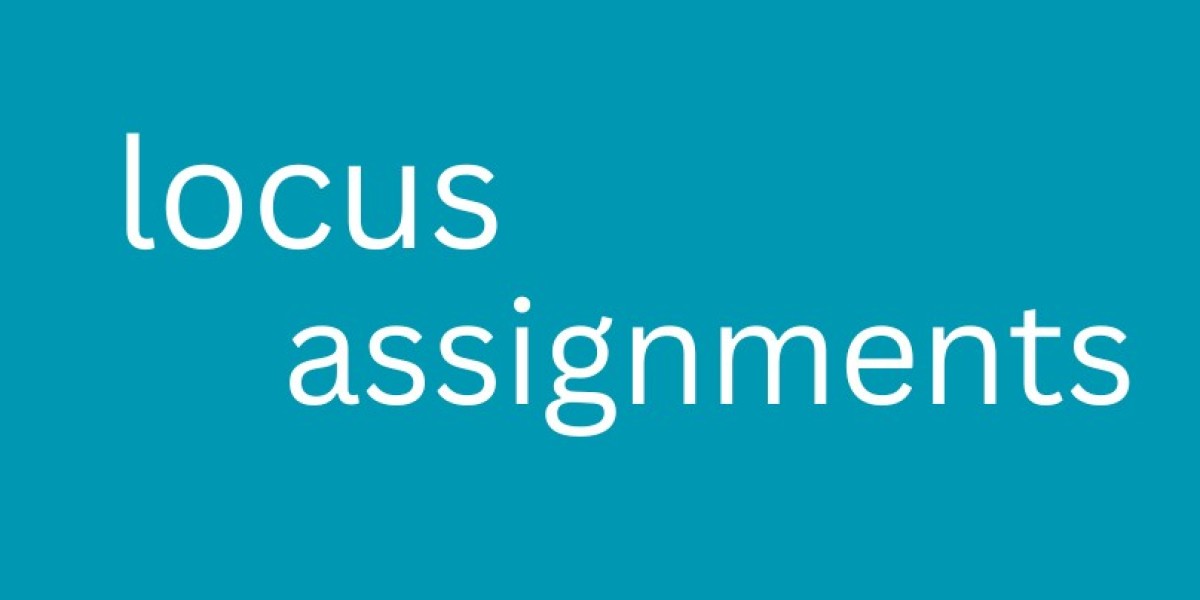If you're a university student in the UK, you probably know how stressful writing a personal statement can be. It’s a key part of your university application, and unfortunately, it often causes a lot of pressure. At Locus Assignments, we get that writing a great personal statement isn’t easy. That’s why, as your trusted assignment helper UK, we’re here to guide you on how to write one confidently and effectively.
If you’re aiming to study at Oxford, Cambridge, or another top UK university and wondering, “How do I write my UCAS personal statement?”, you’re in the right place. This blog will help you understand what makes a strong personal statement and give you the confidence to write your own.
What Is a UCAS Personal Statement?
A UCAS personal statement is like your academic pitch. It’s a short essay—up to 4,000 characters or 47 lines—where you share your passion for the subject, highlight your skills, and explain why you’re a great fit for your chosen course. It’s the only part of your application where your personality really comes through. No wonder many students look for UCAS personal statement help, and we’re here to provide that support.
We also know students have lots on their plates, which is why our online assignment help is designed to support you across essays, coursework, and your personal statement.
Understanding the Structure of a UCAS Personal Statement
A good personal statement has a clear structure. It should take the reader through your academic interests, motivations, and strengths. Start with an introduction that grabs attention by showing your enthusiasm and linking it to a specific experience. For example, instead of saying, “I have always loved science,” you could say, “Reading Stephen Hawking’s A Brief History of Time sparked my fascination with quantum mechanics and inspired me to explore theoretical physics.”
In the main part, focus on your interest in the subject. Talk about specific topics, theories, or modules that inspired you, whether from school or your own study. If you’re applying for English Literature, maybe mention how a certain book or literary movement changed your way of thinking. We recommend adding specific academic references to show your genuine interest.
Skills, Experiences, and Personal Growth
Your statement should also show the skills and experiences that make you suited for university. Think about class activities, part-time jobs, volunteering, or clubs where you gained skills like teamwork, leadership, or communication. Instead of just listing these, explain what you learned and how it connects to your chosen subject.
Besides academics, universities want students with well-rounded personalities. Share hobbies or interests that show discipline, creativity, or commitment. Playing an instrument, managing a project, or playing a sport can show your dedication and time management. If you’ve used online assignment help during busy times, that also shows responsibility—something universities value.
Ending on a Strong Note
Finish by reinforcing your passion for the subject and what you hope to achieve during and after your degree. Show the admissions team that you’re ready to contribute to their university community and that you’re thinking about the future. A positive, forward-looking ending can leave a strong final impression. And remember, as your go-to assignment helper UK, we’re always here to help you reach your university goals.
Tips for Writing a Strong Personal Statement
Make sure your statement sounds like you. Avoid clichés and focus on what makes your story unique. Instead of just saying you have qualities like leadership or passion, back them up with real examples. Reading your statement out loud and proofreading carefully will help catch grammar mistakes and typos that could leave a bad impression.
If you’re applying to several courses or universities, try adjusting your statement a bit for each one. And don’t rush—take time to plan, draft, and polish your statement until it truly shows your strengths.
Final Words of Support
We know juggling school, work, and university applications can feel overwhelming. That’s why Locus Assignments is here to help. If you ever feel stuck or think, “I need help with my assignment in the UK,” you’re not alone. Whether it’s coursework or writing the perfect UCAS statement, our online assignment help is ready to lighten your load.
At Locus Assignments, we understand what university admission panels look for, and we’re committed to helping you succeed. Reach out to us—your reliable assignment helper UK—and let’s make your academic journey easier and more successful.







